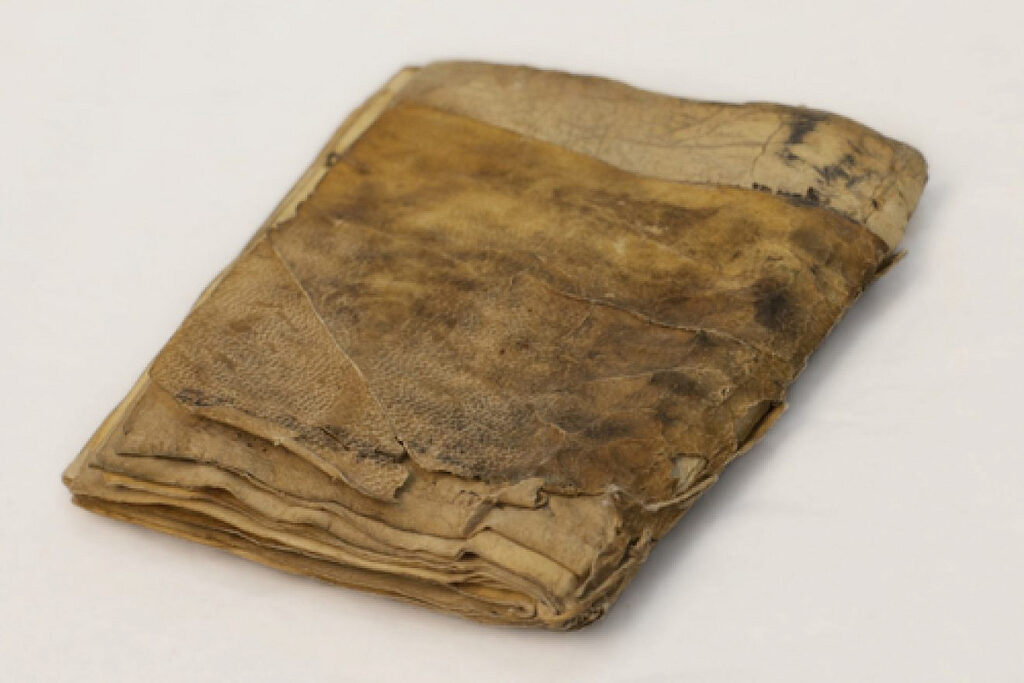
The Resilience of Desert Researchers
November 20, 2012
Missile attacks from Gaza did not succeed to disrupt the 4th International Conference on Drylands, Deserts and Desertification, held at BGU’s Sde Boker Campus from November 12 to 15, 2012.
On the third day of the four day conference, Israel went on high alert. Fortunately the delegates were on site visits, out of range of missile fire.
The full roster of 500 participants from 60 countries stayed on for the duration of the conference.
The International Conference on Drylands, Deserts and Desertification has emerged as an important global gathering of scientists, field workers, industry, government and international development aid agencies concerned about land degradation in the drylands, and their sustainable use and development.
This year’s Rio de Janeiro conference on sustainable development aimed at reconciling the economic and environment Researchal goals of the global community – 20 years after the landmark 1992 Earth Summit. The Drylands, Deserts and Desertification Conference is focused on making sure the decisions regarding this area of concern are implemented.
“To the extent that this conference is able to advance implementation of these outcomes, it will become a major driver of change globally, and posterity will thank us for it,” says Luc Gnacadja, executive secretary of the United Nations Convention to Combat Desertification, who attended the conference at Sde Boker. Read more about the conference on Israel 21C >>
One of the topics of discussion at the conference was the goal of reaching zero land degradation in the world.
The idea behind zero land degradation is that not only do people need to reduce the rate at which land is being degraded every year, but they also need to offset the amount that has already been degraded by restoring now unusable land.
“Land degradation is one of the major causes of food insecurity,” say Gnacadja. “If we want [small farmers] to do more we need to reach out to them and help them do more with their degraded lands.”
Some ways to properly restore land involve using drip irrigation techniques and fertilizers that increase efficiency.
Read more about zero land degradation on The Jerusalem Post Web site >>
ABOUT AMERICANS FOR BEN-GURION UNIVERSITY
By supporting a world-class academic institution that not only nurtures the Negev, but also shares its expertise locally and globally, Americans for Ben-Gurion University engages a community of Americans who are committed to improving the world. David Ben-Gurion envisioned that Israel’s future would be forged in the Negev. The cutting-edge research carried out at Ben-Gurion University drives that vision by sustaining a desert Silicon Valley, with the “Stanford of the Negev” at its center. The Americans for Ben-Gurion University movement supports a 21st century unifying vision for Israel by rallying around BGU’s remarkable work and role as an apolitical beacon of light in the Negev desert.
About Ben-Gurion University of the Negev
Ben-Gurion University of the Negev embraces the endless potential we have as individuals and as a commonality to adapt and to thrive in changing environments. Inspired by our location in the desert, we aim to discover, to create, and to develop solutions to dynamic challenges, to pose questions that have yet to be asked, and to push beyond the boundaries of the commonly accepted and possible.
We are proud to be a central force for inclusion, diversity and innovation in Israel, and we strive to extend the Negev’s potential and our entrepreneurial spirit throughout the world. For example, the multi-disciplinary School for Sustainability and Climate Change at BGU leverages over 50 years of expertise on living and thriving in the desert into scalable solutions for people everywhere.
BGU at a glance:
20,000 students | 800 senior faculty | 3 campuses | 6 faculties: humanities & social sciences, health sciences, engineering sciences, natural sciences, business & management, and desert research.
For all press inquiries, please contact:
James Fattal, J Cubed Communications
516.289.1496



